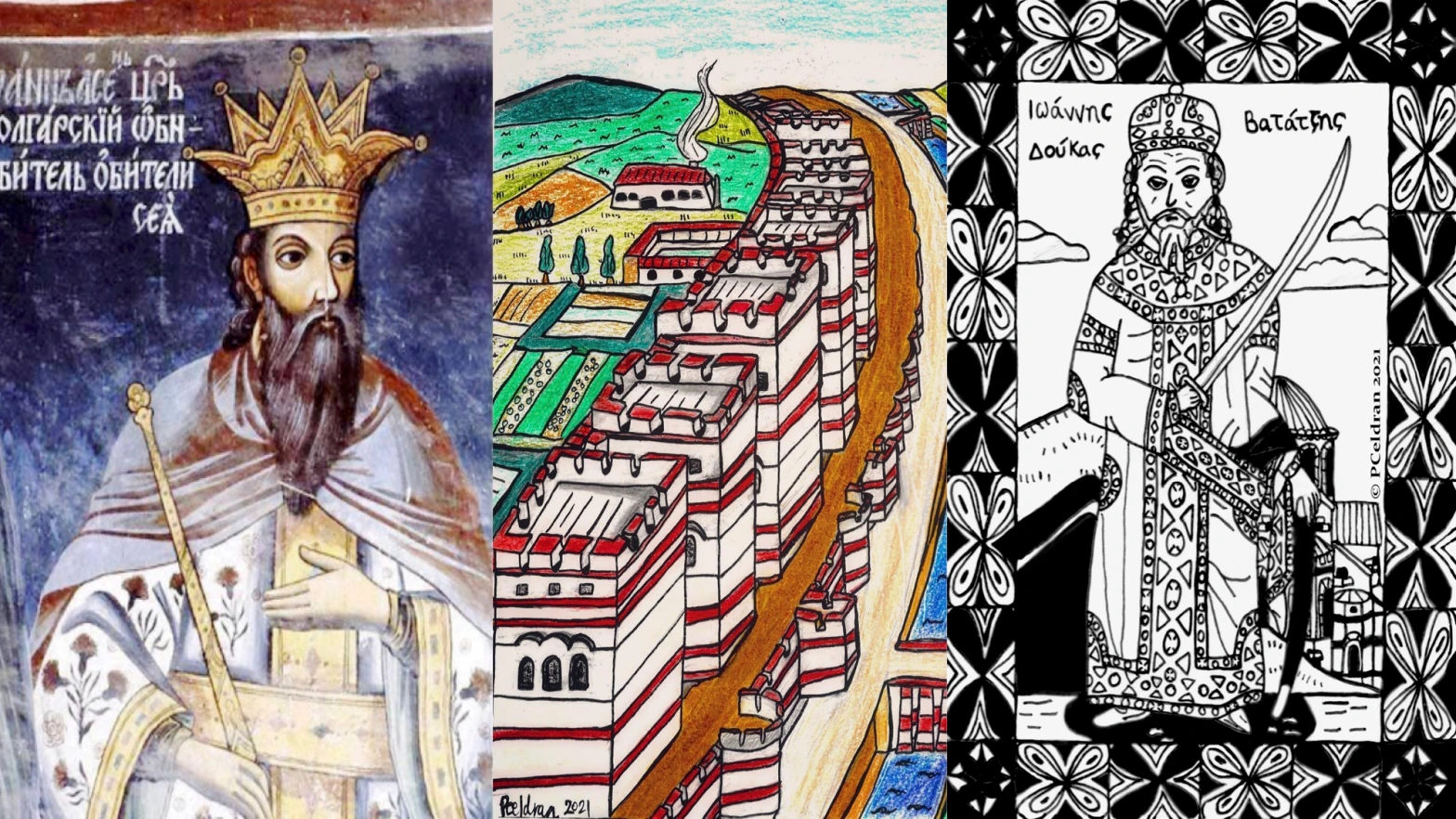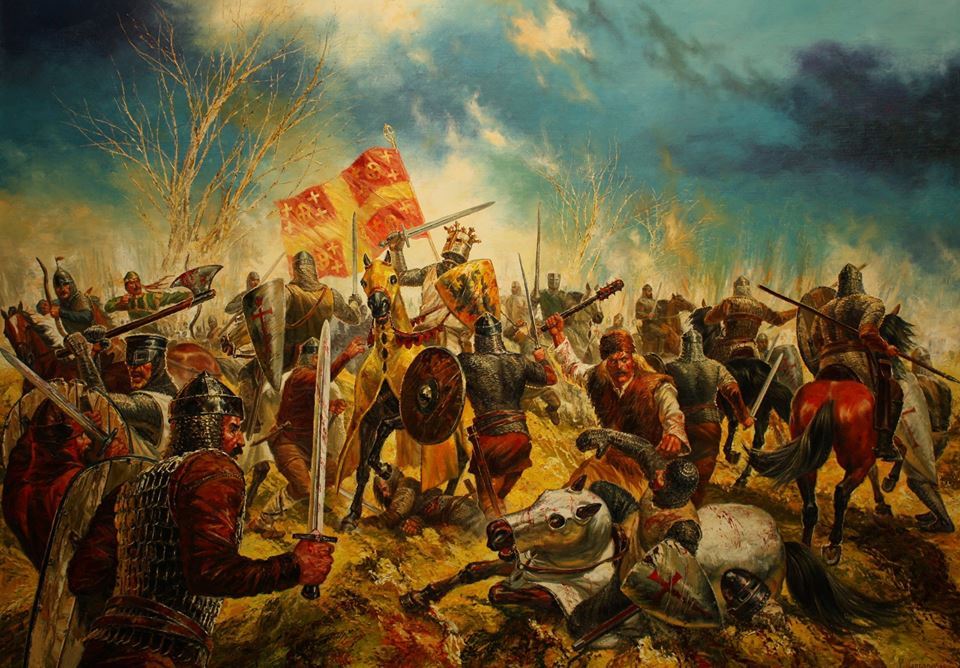By Dimitris Topalis,
Let us continue this article from where we left off (read the previous part here), which was the forming of the empire of Nicaea under Theodore I Laskaris, an act that was not pleasant to the Turkish Sultan’s ears. The war of Theodore with the Seljuk Sultan who had the most part of Asia Minor had great importance in the history of the Empire of Nicaea. In the fight between Theodore and the Sultan, Theodore and his troops showed great heroism and ferocity and inflicted significant damage on the enemy. That almost cost the Byzantines winning against the Seljuk, because most of the eight hundred troops Theodore had died but Theodore managed to regain control of the fight and it is said the Sultan may have died by Theodore’s hand.
The situation of Bithynia and how it affected Nicaea
The state of Bithynia was in a very dangerous place as it was threatened by the powerful Sultan of Iconium, who had power that spread the whole interior of Asia Minor to the Mediterranean. The same Emperor was the one that threatened the new state of Nicaea and one of his goals was the destruction and conquering of Nicaea. That difficult and complicated task was given to Theodore I Laskaris, who ruled into his first four years not with the title of Emperor of Nicaea, but with the title of Despot. Within the state of Nicaea anarchy prevailed and for the most part of the State of Nicaea, a lot of independent rulers had risen. The city of Nicaea had shut its gates to Theodore I Laskaris.

The Latin Emperors and the build-up to the battle of Adrianople
In the Latin kingdom of Constantinople, the Latin knights that established themselves there decided in the same year to conquer Asia Minor as a whole. At first, they were successful with their conquest and even Geoffrey of Villehardouin said that the people began to pay tributes to them and took their part in their conquest, but something terrible happened for the Latins. At the crucial moment of their conquest, they were informed that the Emperor of the Latin kingdom of Constantinople, Baldwin I, was taken as a captive by the Bulgars. As we know, some actions cannot go unpunished. The Latins were going to conquer most of Asia Minor and had power in the Balkan Peninsula. The one that sat on the throne of the Bulgars was Kaloyan (or Kalojan), who had power within the Balkan territory.
So, it was a matter of time before the Bulgars and the Latins had talked about the power and perhaps the slit of the Balkan territory. At first, Kaloyan wanted to have friendly talks with the Crusaders, as a war would not be profitable to him, but the crusaders reacted with disrespect and with insults to these propositions. The Crusaders said to Kaloyan that he was not regarded in the same place as the Latin Emperor and that if he failed to respect the Latin emperor, they would conquer Bulgaria by force.

The battle of Adrianople
After the response from the Crusaders, Kaloyan was left with no choice but to try and fight the Crusaders and he asked for the help of the remaining Byzantines. In the year 1204-1205, the Bulgars and the Byzantines formed the Byzantine-Bulgarian alliance, as the only protectors of the Christian Orthodoxy against the Latin Catholics. The Byzantine-Bulgarian insurrection which had broken down in the Balkan Peninsula left the Crusaders with no choice but to recall their troops to Europe and fight Theodore I Laskaris. During the battle of Adrianople, on the 15th of April 1205, the Bulgar emperor Kalojan gave his support to the Cuman cavalry and dealt a decisive defeat to the crusaders. In this battle, the Latin emperor of Constantinople, Baldwin I, was taken as a prisoner by the Bulgars. To this day, we currently do not know the fate of the emperor Baldwin I but apparently, he was executed by order of the Bulgarian emperor. Because of the lack of information regarding the fate of Baldwin, his brother Henry was named regent of the Latin Empire during the time of Baldwin’s absence.
The aftermath of the battle of Adrianople
The battle of Adrianople had a huge significance for both the Empire of Nicaea and the Bulgarian kingdom. The Greeks of Macedonia and Thrace did not expect the rise of the empire of Nicaea and started to consider it possible that they would move to an agreement and make an alliance with the Bulgars against the Latin Empire. This was all possible thanks to the united alliance of the Byzantines and Bulgars, plus the victory that came against the Latins, in the battle of Adrianople. After the battle, the Latins started to regret the way they thought of the Bulgarian Emperor, and they were weakened significantly.
References
- A. A. Vasiliev, History of the Byzantine Empire, 324-1453, vol. 2, published by the University of Wisconsin, 1964




